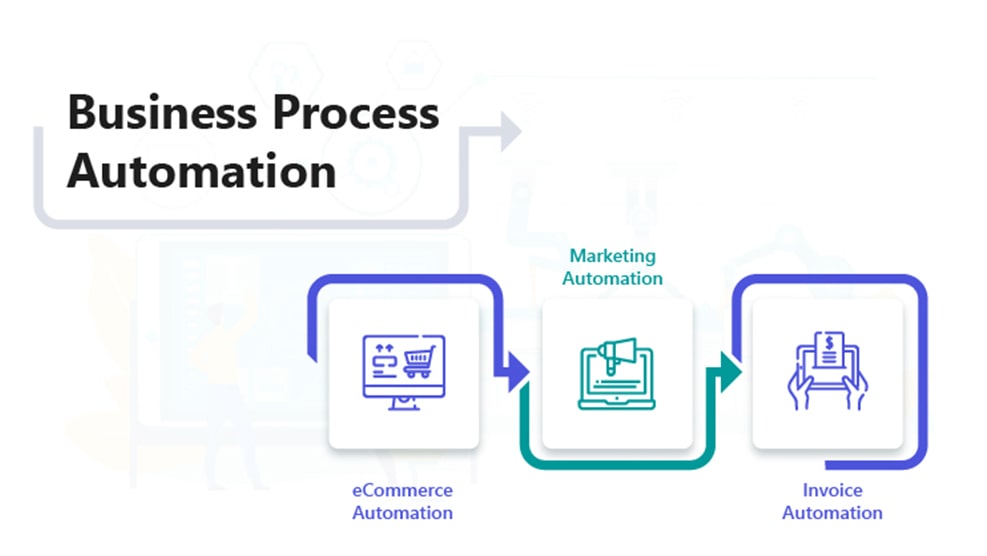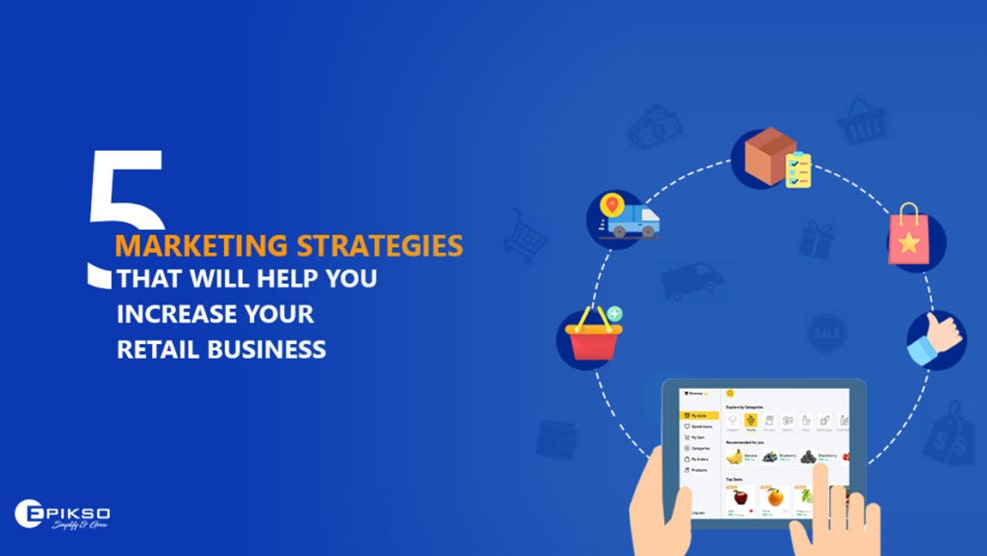What Can You Do To Safeguard Your Online Reputation?
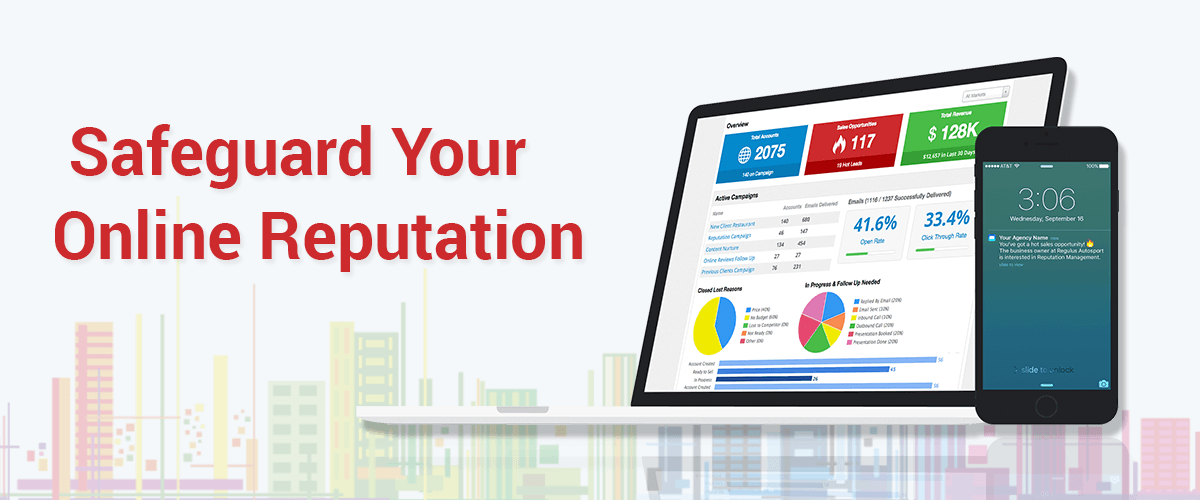
In the world where almost everything has become digital, the internet and the social media platform bring not only the vast opportunities for businesses to expand but also put your online presence at the risk of negative reputation, by virtue of reviews on your or others’ websites. This could be the result of some mistake at your end or cyberbullying. Hence, it is imperative that your online reputation can either help you grow or damage your business in the long run.
This is where online reputation management comes into the scene. Online reputation management (ORM) is a process or technique of reconstructing or restoring your brand’s name or your business, which is attained by counteracting, abating or disposing of the negative material present on the internet – overpowering it with further positive content in order to improve your trustworthiness and consumers’ trust in you.
How does online reputation management help?
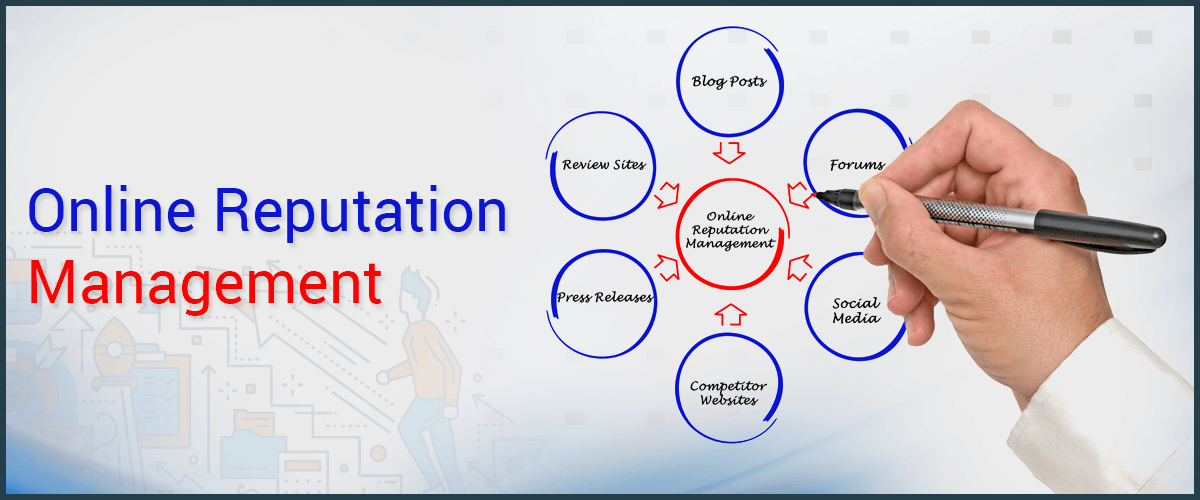
Online reputation management lets you take control of the things that the world sees about you on the internet. Reputation Management can help you understand the consumers’ concerns, and help manage your online reputation in a way that influences your efficacy, thereby, alleviating the risk of negative reputation and also give a competitive advantage.
Positive reputation builds trust and dignity among the consumers about your brand. So it is important to actively monitor and improve your online reputation, to let yourself have the opportunity to grow your business, bring in the social proof, and spark new heights.
Various ways to protect your online reputation
There are various ways or strategies you can adopt to handle your online reputation. Few of the strategies are discussed below.
1. Monitor your online reputation
It is important for every business to monitor their social networks regularly to know what others are saying about you. This would also help you be aware of what your competitors are up to. In order to maintain a positive brand image, businesses need to constantly monitor conversations around their brand and the industry across social media, community forums, review sites, blogs and all over the internet. You can use the tools like Google Alerts or Google Analytics to track your website and alert you all mentions about your brand. There are several tools available which can help you monitor your business.

2. Make an online review approach
One survey found that 93% of consumers are influenced to buy after looking at the online reviews. So, you can always ask your customers to review your services or product. While positive reviews give you an advantage, negative reviews give business a reputation for genuine service. You can encourage your customers to write the reviews for you by asking them questions, by asking them if they’d recommend your products.

3. Set up an online presence by updating content
If you have the negative reviews, these can be pushed down in search engine results pages by posting new content about your brand. So when someone searches your brand, the new content will come up on top in search. This would increase the visibility of your reader-friendly content and handle the negative reviews. Approx. 55% of marketers say blog content creation is their top inbound marketing priority. Nearly 70% of consumers prefer getting to know a company via articles rather than ads. Content marketing gets three times more leads than paid search advertising. Posting new and relevant content about your products and services will reap more visitors and will also build SEO value.
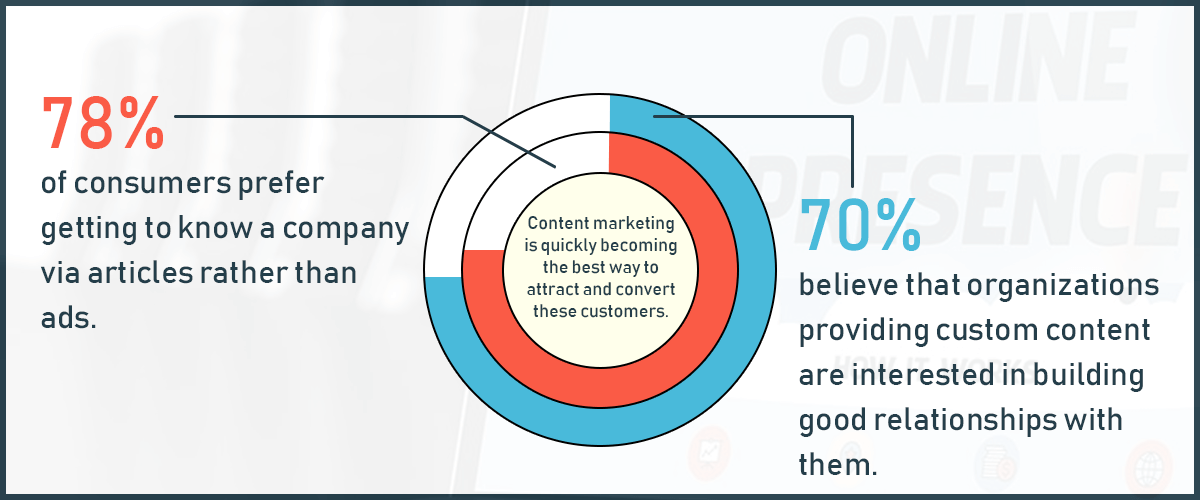
4. Address online complaints and criticisms promptly
Although, it is natural to feel angry or upset or reading negative reviews about your product or service. But to maintain the credibility of your brand, you should understand customer’s point of view and respond to the issue promptly in personal. Further, a negative review doesn’t do any good to your business, but a rude or aggressive response from you exaggerates the issue even further. Responding to their review or complaint also gives you an opportunity to restore harmony. In one survey, it was reported that 80% of unhappy customers were won over with the right response.
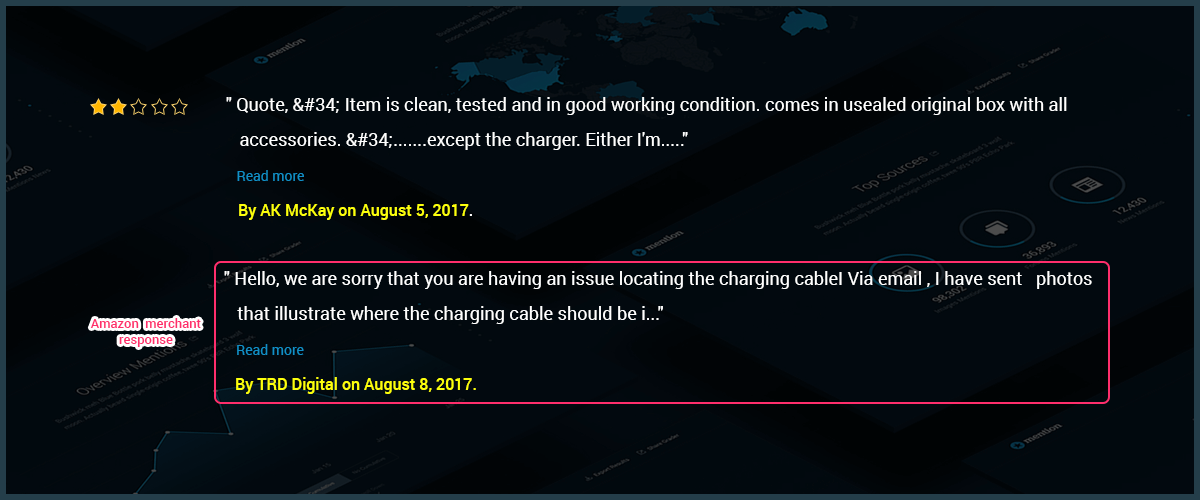
5. Work with influencers with great online reputation
Influencer marketing is so successful because 95% of consumers trust recommendations from others over content that comes from a brand, according to a Nielson survey. 94% of marketers who use influencer marketing find it an effective practice, and influencer marketing can generate up to 11 times the ROI of traditional advertising. According to one report, 70% of millennials trust influencers more than the traditional celebrities. So, it is always good to build your online reputation by establishing the connections. Influencer marketing can be conducted on various social media platforms Facebook and Instagram being the favorite of people.
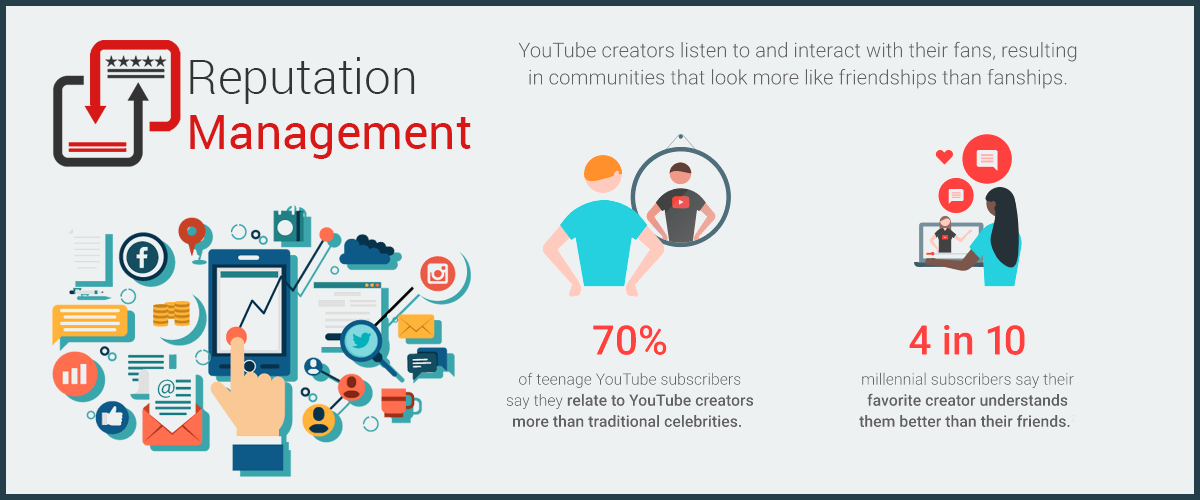
6. Invest in online reputation management services
While, there are many online tools available to monitor your online reputation, but it is always better to hire the online reputation management services to handle your business online. The online reputation management company can look into all the negative reviews, whitewash all by putting a lot of positive reviews and also track your competitors’ mentions and strategies. These service providers take care of your search engine optimization, put the quality content either as blogs or videos and maintain your social media.
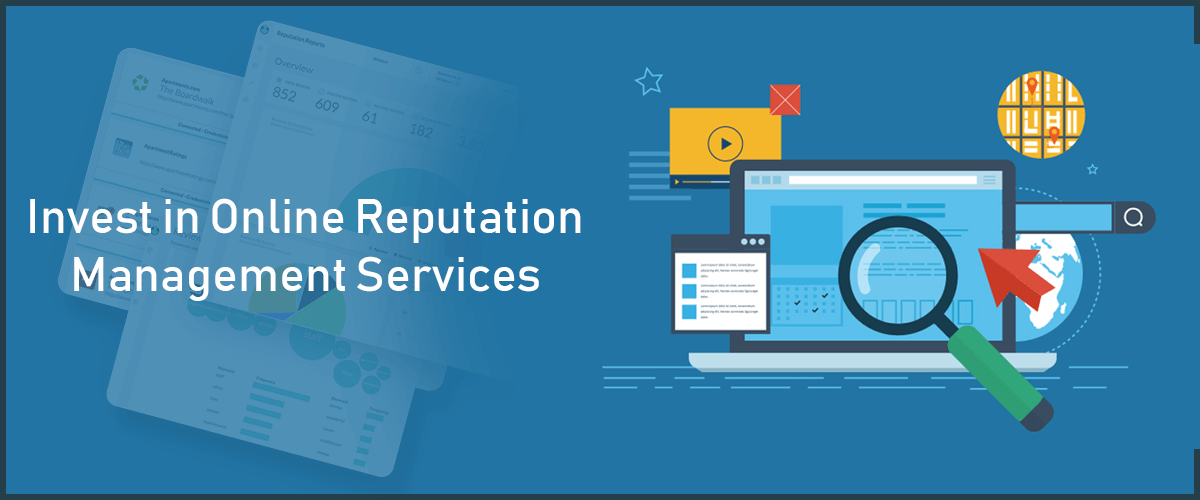
Bottom line:
Managing your online reputation is more complex than managing a usual human relationship, but both the systems rely on the same principles. Being aware of what others think, the way you respond to their feedback and your improvisation help your business grow. Your online reputation is under your control. What you look online can either make or damage your brand. So, make sure that you hire online reputation management professionals to constantly monitor, analyze and drive your online name.







